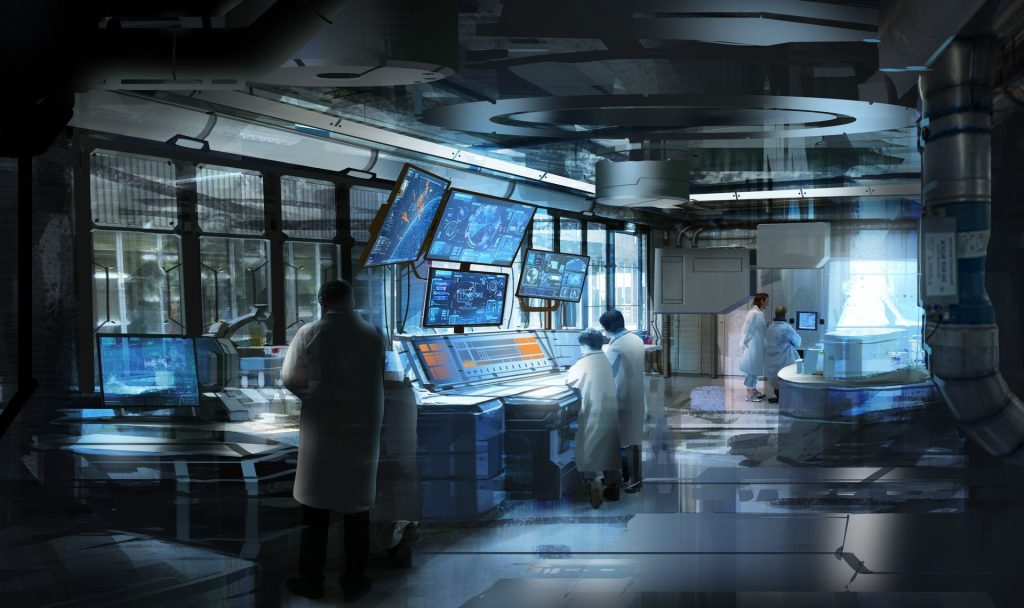
The world of gaming has undergone significant transformations over the years, becoming more immersive and futuristic. One of the key factors fueling this evolution is the influence of science fiction. Sci-fi has not only captivated the imaginations of millions with its futuristic concepts, technologies, and worlds, but it has also played a crucial role in shaping the design of modern video games. From the narrative to the visuals, sci-fi has left an indelible mark on the gaming industry.
The Power of Narrative
In many sci-fi movies, books, and TV shows, captivating narratives take center stage. This emphasis on storytelling has leaked into game design, where compelling plots are now a crucial element of successful gaming experiences. Gamers are no longer just seeking challenging gameplay mechanics; they crave immersive narratives that transport them to distant galaxies, post-apocalyptic Earths, or advanced technological societies.
Sci-fi games offer players the opportunity to explore rich, imaginative universes with complex backstories. From epic space operas to cyberpunk dystopias, these narratives provide a sense of escapism that allows players to temporarily inhabit these unique worlds. The influence of sci-fi in game design has resulted in narrative-driven experiences that inspire players to become emotionally invested in the game’s universe and characters.
Technological Innovation
As technology progresses, the line between reality and virtual worlds blurs. Sci-fi has always pushed the boundaries of what is possible, often envisioning advanced technologies long before their time. This foresight has heavily influenced futuristic game design by inspiring developers to incorporate cutting-edge technologies and concepts into their creations.
From virtual reality (VR) headsets that put players at the center of the action to augmented reality (AR) games that overlay digital elements onto the real world, sci-fi narratives have fueled the desire to recreate these experiences. The futuristic ideas and technologies seen in sci-fi have motivated game designers to constantly innovate and experiment with new gameplay mechanics, graphics, and interaction models.
Visual Aesthetics
One of the most striking aspects of sci-fi is the visual appeal of its futuristic settings. The iconic imagery associated with the genre, such as sleek spaceship designs, neon-lit cityscapes, and high-tech gadgets, has influenced game designers in their quest to create visually stunning environments.
Futuristic game designs are often characterized by their attention to detail, vivid colors, and the seamless integration of advanced technology. The advancements in graphics have made it possible to create visually awe-inspiring games that transport players to dazzling, futuristic landscapes. Sci-fi’s influence has extended beyond just the visual aesthetics and has seeped into the sound design, user interfaces, and menu systems, further enhancing the overall immersive experience.
Meeting the Gamer’s Expectations
Gamers have become accustomed to sci-fi tropes thanks to the abundance of movies, TV shows, and books in the genre. As a result, they often come to the gaming world with certain expectations. Game developers leverage these expectations to create experiences that resonate with gamers and tap into their love for all things futuristic.
Whether it’s exploring alien civilizations, piloting futuristic spacecraft, or engaging in high-tech combat, the influence of sci-fi in game design allows developers to deliver on these expectations. By incorporating familiar and beloved sci-fi elements, game designers can create experiences that captivate and thrill players, satisfying their desire to explore new frontiers and encounter advanced technologies.
Conclusion
Sci-fi has undoubtedly left an enduring mark on the world of gaming. From the power of narrative to the utilization of advanced technologies and mesmerizing visuals, the genre has greatly influenced the design and development of futuristic video games. By tapping into the imaginative and futuristic worlds of science fiction, game designers have managed to create immersive experiences that push the boundaries of what is possible. As technology continues to advance and new sci-fi narratives emerge, it is exciting to imagine the future of gaming and how sci-fi will continue to shape it.


